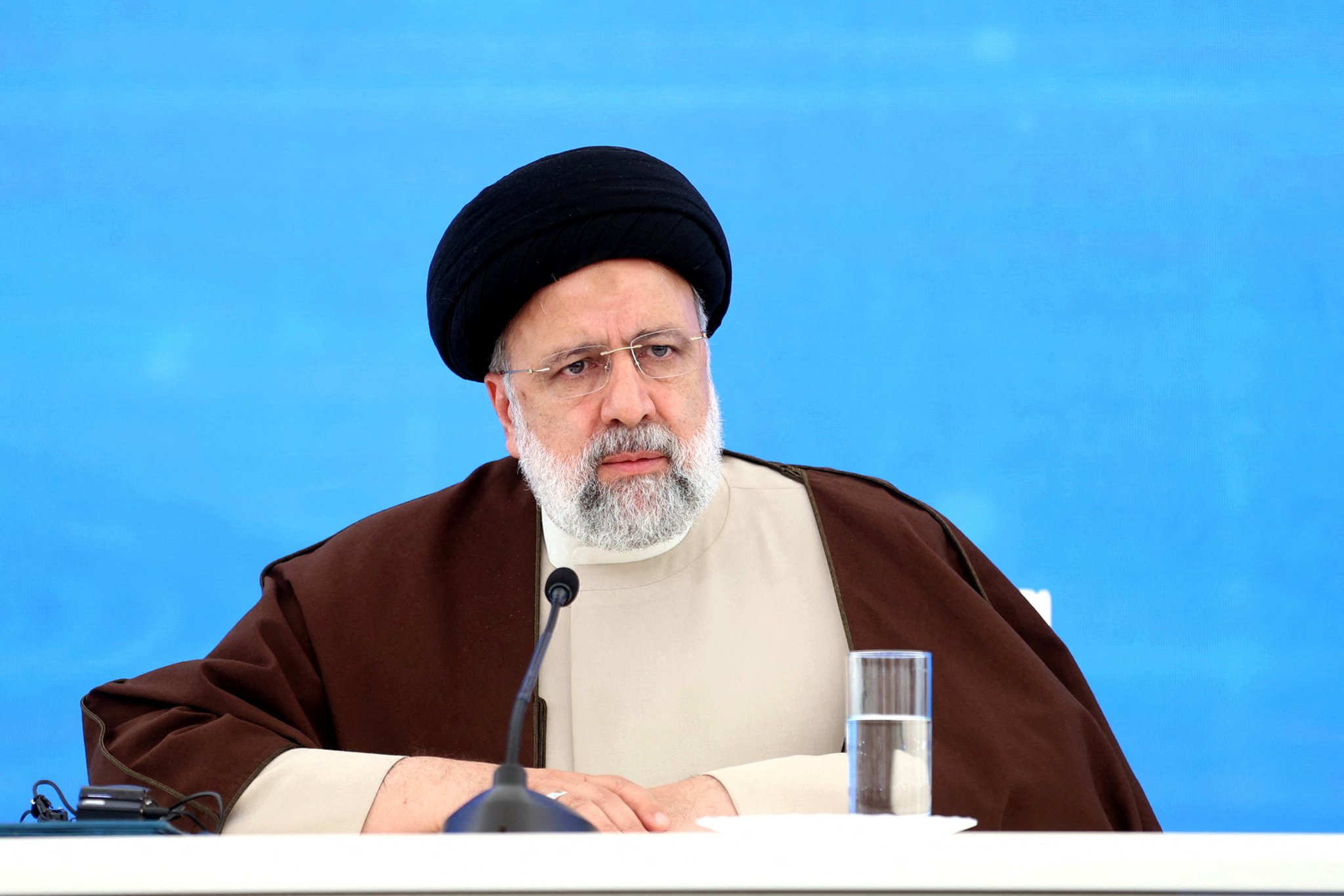
Foreign
Helicopter Crash Claims Lives of Iranian President and Officials

iexclusivenews – In a somber turn of events, Iran’s President Ebrahim Raisi, along with the nation’s foreign minister and several key figures, perished following a helicopter crash in the country’s mountainous northwest.
The incident has cast a pall over Iran, coinciding with ongoing regional tensions and internal strife.
A Sudden Tragedy Amidst Regional Unrest
The crash occurred amidst the backdrop of the Middle East’s volatile atmosphere, exacerbated by recent conflicts such as the Israel-Hamas war.

President Raisi, aged 63, had been a prominent figure under Supreme Leader Ayatollah Ali Khamenei, notably orchestrating a significant drone-and-missile assault on Israel just the previous month.
READ MORE: Iran’s Presidential Helicopter Vanishes: An In-Depth Look
Interim Leadership and Uncertain Future
Supreme Leader Khamenei has declared that Iran’s first vice president, Mohammad Mokhber, will act as the interim president until new elections can be organized.
This transition comes at a critical juncture for Iran, which has seen heightened tensions with Western powers over its nuclear program and its support for Russia in the ongoing conflict in Ukraine.
Economic Woes and Calls for Rights
Iran has long grappled with mass protests fueled by economic challenges and demands for women’s rights.
The loss of President Raisi adds to the nation’s current sensitivities, as it navigates through a period of potential transformation and uncertainty.

Uncertainty Over Crash Causes
The state television has yet to provide a definitive cause for the tragic crash in Iran’s East Azerbaijan province.
Among the casualties was the 60-year-old Iranian Foreign Minister Hossein Amirabdollahian.
The crash also claimed the lives of the governor of Iran’s East Azerbaijan province and other officials, totaling eight fatalities, including three crew members.
International Reactions and Condolences
The international community has responded with condolences, reflecting the gravity of the situation.
Pakistan has declared a day of mourning, while Indian Prime Minister Narendra Modi and leaders from Egypt, Jordan, and Syria have expressed their sympathies.
Azerbaijan’s President Ilham Aliyev and Russian President Vladimir Putin have also conveyed their condolences, highlighting President Raisi’s significant role in regional politics.
As Iran mourns, Supreme Leader Khamenei emphasizes that the nation’s governance will persist.
The Iranian constitution stipulates a swift succession process, with the first vice president assuming presidential duties, pending a new election within 50 days.
This protocol ensures the continuity of leadership even in times of unexpected crisis.
Raisi’s Legacy and Iran’s Path Forward
President Raisi’s tenure was marked by a hardline stance, both domestically and internationally.
His unexpected death raises questions about the future direction of Iran’s leadership and policies, particularly concerning the nation’s nuclear ambitions and regional alliances.
A Nation in Mourning Faces the Future
As Iran confronts this loss, the nation stands at a crossroads, with the world watching how it will navigate the challenges ahead.
The tragedy of the helicopter crash not only marks a significant moment in Iran’s history but also sets the stage for the country’s next chapter in an ever-complex geopolitical landscape.




























